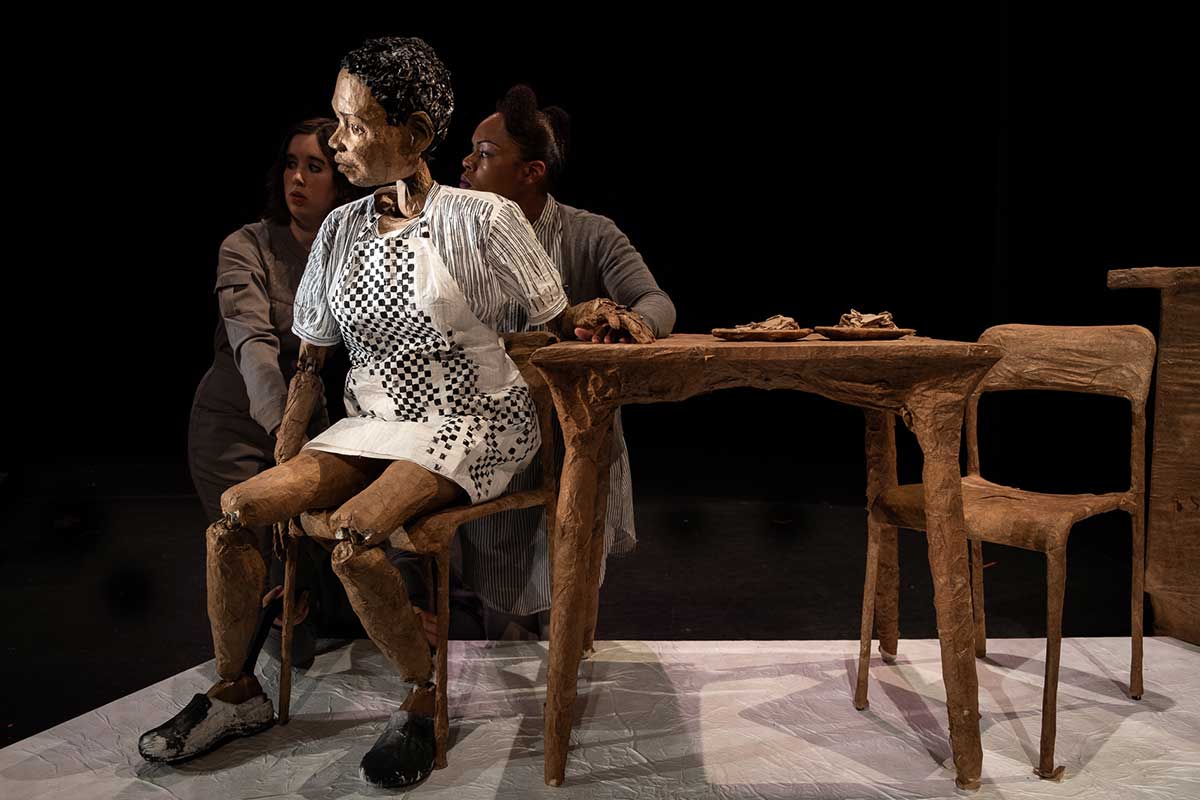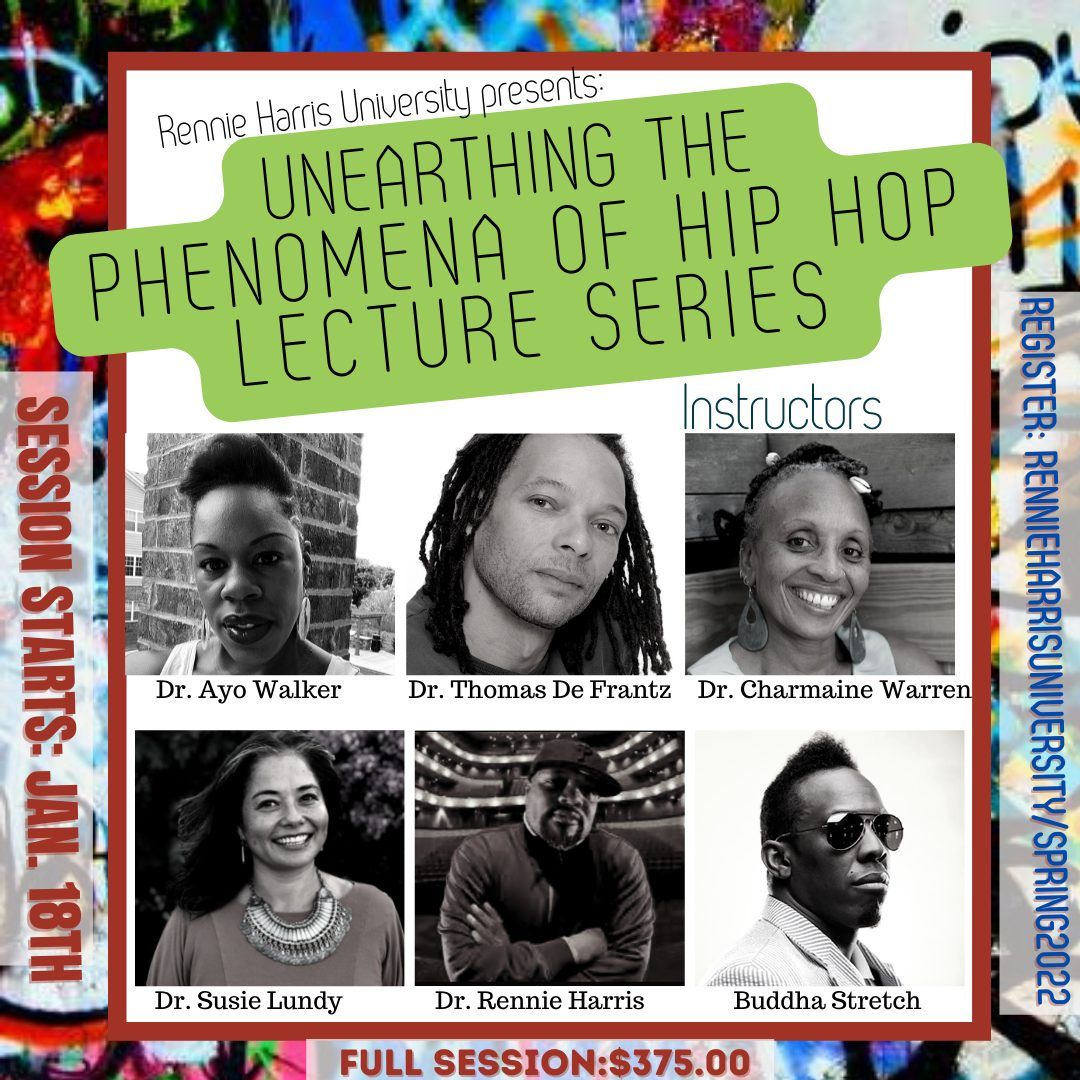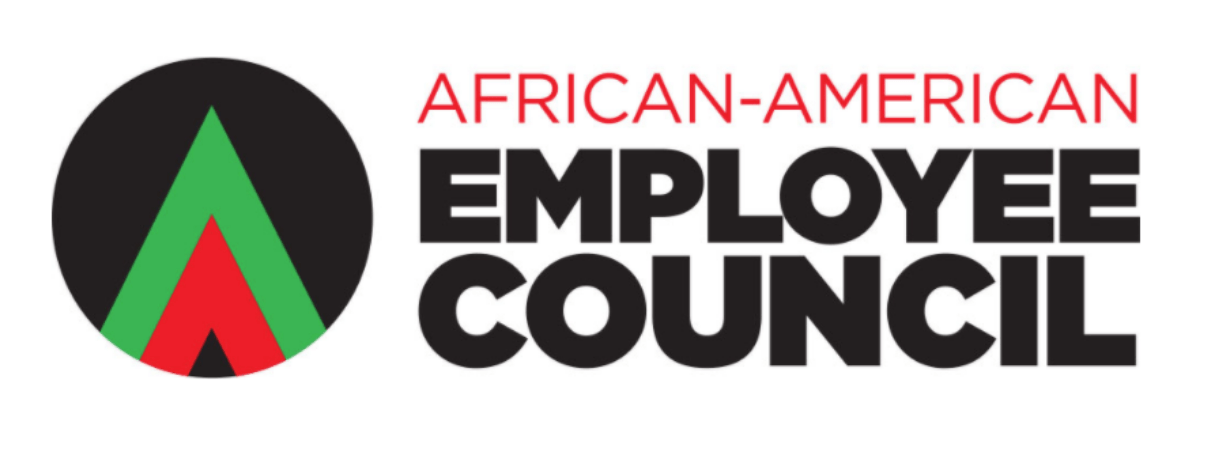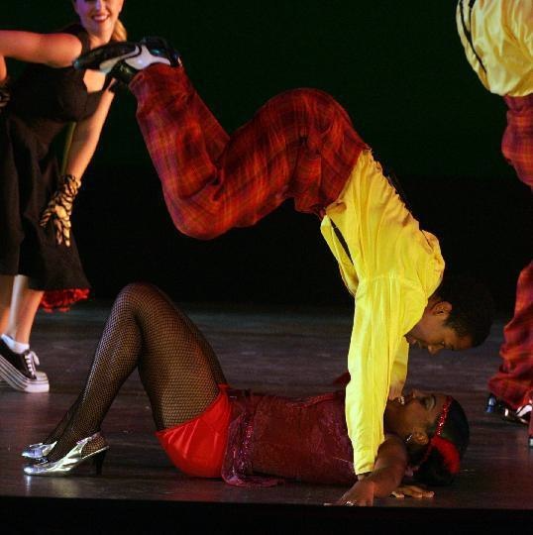
Ayo Walker
(dance)
Black Pruitt
(anti/interdisciplinary performing arts)
Cassandre Charles
(dance, mixed media, film)
Clara Auguste Mohagen
(dance)
Danza Orgánica
(dance theater)
Kera Washington
(music)
María Servellón
(film, video installation, video projection, video performance)
Yaraní del Valle Piñero
(dance, music and theater performance)
Zahra A. Belyea / Alia Croley
(spoken word and dance/movement)
Guest Artist: Isaura Oliveira
(dance theater)

Innovative puppetry brings Nobel Laureate Toni Morrison’s coming of age novel into a contemporary context. Pecola is a black girl caught in tragic circumstances. Her best friend narrates her search for the source of responsibility and for an understanding of her own part in the story. The production interrogates how identity is shaped, using a synthesis of puppets, puppeteers and actors. Celebrated South African artist Janni Younge’s puppetry highlights the formation and fragility of self, literally building the self as it is held and supported (or not supported) by a community at large.
With special support from the Paul M. Angell Foundation, Cheryl Lynn Bruce & Kerry James Marshall, Kristy & Brandon Moran. Co-produced by UC Davis & Janni Younge Productions.
Produced by special arrangement with THE DRAMATIC PUBLISHING COMPANY of Woodstock, Illinois
https://chicagopuppetfest.org/event/margaret-laurena-kemp-janni-younge/

Instructor: Dr. Ayo Walker
Dates: March 17th-April 7th
Times: Thursdays 7-pm-8pm CST
Individual Session $75
The Black dancing body in Western societies have been historically oppressed by white/Eurocentric aesthetic ideologies that sought to correct and sanitize the culturally-othered-marked dancing body by way of ethnocentric and monocultural indoctrination. Decolonizing the Black dancing body in this course acts as a method of deprogramming monocultural and ethnocentric indoctrination while decoding and de(cipher)ing bodily oppression. Understanding how bodily autonomy vs bodily indoctrination affects dancers’ embodied cognitive development will become the essence for freeing the student’s groove (the default movement style of your body’s rhythmic interpretation) and personalizing their movement identity. The dancing body should not be expected to apply the same movement principles and qualities across all dance forms. Through online cipher sessions this course will engage with movement principles and qualities that invite students to explore movement possibilities beyond those indoctrinated in their bodies. In the cipher is where the dancer will discover their FREEDOM.

Dr. Ayo Walker is in her first year at APSU. In that short time she has become a leading voice on anti-racism and racial honesty and accountability on campus. In addition, her level of professional work and output has been above and beyond. In the world of theatre and dance, COVID-19 has been a difficult time to find opportunities for research and performance, but Dr. Walker has created opportunities and continued her stellar academic work.
In her first semester, Dr. Walker has set previous choreography on students, set new choreography on students, is planning on using those students as dance captains at a professional company where her work is being staged, had an article published in the Journal of Dance Education – the leading educational dance publication in the country ("Traditional White Spaces: Why All Inclusive Representation Matters") –, served as a manuscript reviewer ("Jazz Dance and African Roots"), and has been commissioned to write two chapters for an upcoming dance textbook ("Milestones in Dance History"). In addition, Dr. Walker has revamped the way Dance History is being taught at APSU, focusing on traditional dance spaces, their exclusion and "othering" of non-white innovators, and teaching the class in a non-linear format. This has changed the students approach to dance history and taught them important critical thinking skills, allowing them to investigate history through a wider lens and to make their own decisions based on research.
Since her arrival, Dr. Walker has modeled what it means to seek equity and inclusion. She understands and practices the need for her new generative pedagogical praxis that she calls “Entercultural Engaged Pedagogy,” which specifically involves a theoretical discourse in dance via the study of “othered” and marginalized dance histories. Acting as historical intervention in dance studies, she seeks to rectify the cultural racism often repressing higher education dance curricula. In addition, she has modeled academic excellence to her Intro classes. Arts intro classes are often treated as "easy A's" by students. However, Dr. Walker has introduced the idea of respect and academic rigor into her "Intro to Dance" class that requires students to treat the subject of dance with respect, academic integrity and honesty.
You can watch some of Dr. Walker's work in the next few months as the Spring Virtual Faculty Dance Concert will be streaming on the APSU Theatre & Dance Website: theatredance.apsu.edu. You can read her article, "Traditional White Spaces: Why All Inclusive Representation Matters," at https://www.tandfonline.com/doi/abs/10.1080/15290824.2020.1795179. Finally, her new work will be presented from May 20-22 at the Southern Theatre in Minneapolis, Minnesota. More information is available at https://rhythmicallyspeakingdance.org/the-cohort/.
We salute you Dr. Walker for your creativity, passion and rigor you bring to the classroom and the Arts.
- APSU African American Employee Council


